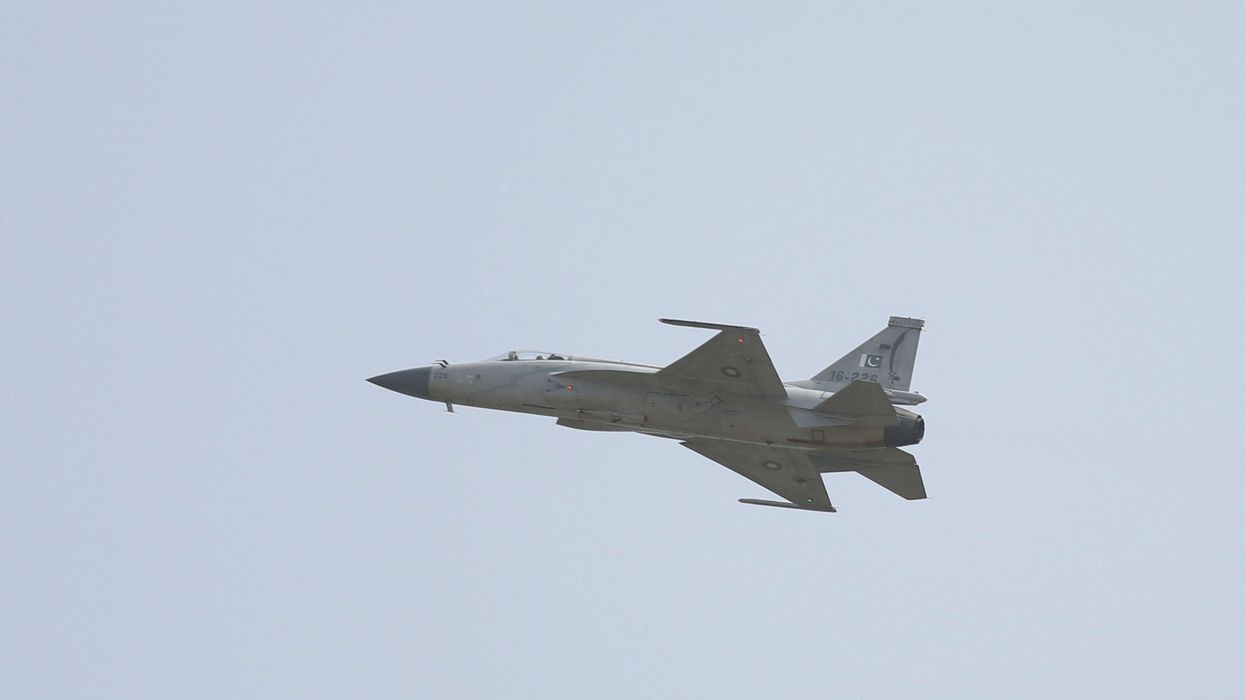Quran tutor Muhammad Asim should have been packing to leave his Karachi home for Mecca next week to perform one of the most sacred, once-in-a-lifetime obligations for Muslims, the Hajj pilgrimage. But that was before the coronavirus hit.
Asim, 30, is one of 2.5 million Muslims globally, almost 180,000 from Pakistan, whose plans were upended when Saudi Arabia restricted this year's event to only 1,000 local residents, savaging Pakistan's 160 billion rupee ($1 billion) Hajj industry.
Indonesia and Pakistan, the largest Muslim-majority countries by population, send the most pilgrims.
"I prayed for the chance to go on Hajj and Allah answered my prayers,” Asim, selected from tens of thousands of applicants for a government-supported package, told Reuters. "But then he sent this coronavirus."
Asim borrowed money to come up with the nearly $3,000 cost.
More than 900 Pakistan tour operators and travel agencies are licensed to arrange travel over the Hajj. This year will be the first in modern times that pilgrims from abroad will not be allowed into Mecca.
“The biggest effect right now is on our business,” Zaeen Siddiqui, senior vice-chairman of the Hajj Organisers' Association of Pakistan, told Reuters.
“Our money is stuck in airlines. Our offices are closing because we cannot keep workers."
According to Pakistan's Ministry of Religious Affairs and Interfaith Harmony, which oversees Hajj arrangements, 179,210 Pakistanis had already registered to attend this year - 71,684 through private tour operators and 107,526 through cheaper, government-supported packages.
TENTS AND TOP-END HOTELS
Pilgrims buying private packages spend $4,000 to $6,000 on the journey, Siddiqui said. Those using government packages deposit around $3,000 into state accounts, money which authorities began returning last month.
Around 60 per cent of the cost of Haj is spent on accommodation, food and transportation in Saudi Arabia, 20 per cent on airlines and 20 per cent on arrangements inside Pakistan, Siddiqui said.
But local operators are able to charge premiums thanks to the high demand - premiums that keep their businesses going for the rest of the year.
Low-end tours involve basic accommodation in tents, while high-end packages come complete with personal guidance and sermons from scholars and televangelists to small groups of pilgrims who stay at luxury hotels in Mecca.
Before the Hajj setback, Pakistan's tour operators were already reeling from the suspension of year-round pilgrimages to Mecca and Medina from abroad known as the umrah, also because of the coronavirus.
Pakistan International Airlines has lost 12 billion rupees ($72.37 million) in revenue because of the cancellation of the Hajj after losing nearly as much because of the umrah ban, a company official told Reuters.
Faraz Masood, 34, was planning to fly to Mecca from Karachi with his wife. They put down a 20 per cent deposit on the $12,000 package.
“When this coronavirus was just getting started, we were in touch with the company, and they kept saying 'dont worry, things will be back to normal in time for Hajj',” he told Reuters.
Masood is still trying to get his money back.











